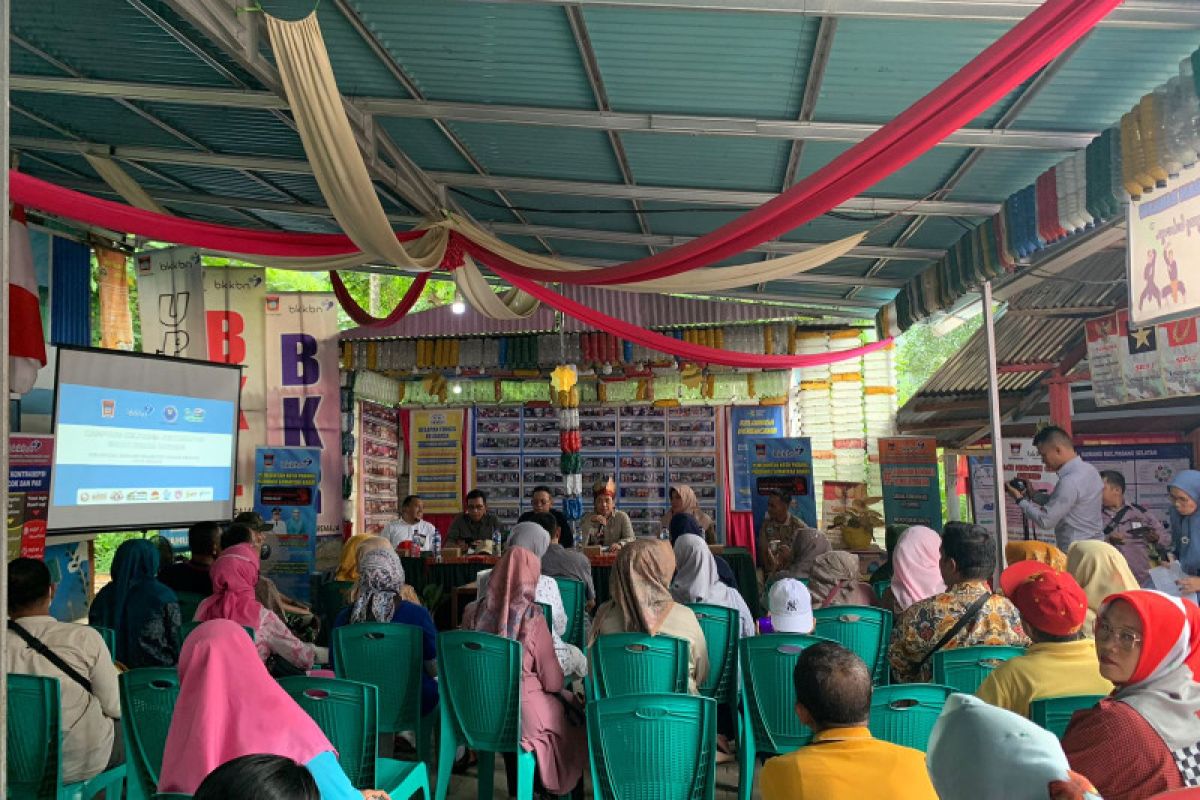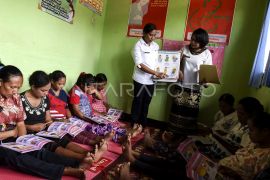"Currently, the (national) TFR is at 2.1, meaning that (on average) each couple has two children. The figure is in a moderate condition, and we are aiming to prevent it from getting higher than that," the agency's Deputy for Population Control Bonivasius Prasetya said here on Saturday.
He noted that TFR that is below two births per woman is not good either because it will cause a drastic decline in the population.
"We want the birth rate to grow in balance, (the number of) people who die and are born be in balance so that the population is sustainable," he said.
Meanwhile, for regions with stable birth rates, the family planning program is carried out independently on their own initiatives. Nevertheless, dissemination of information and education regarding the family planning program continues to be carried out, he said.
One of the efforts made is forming Quality Family Villages. Particularly in West Sumatra, as many as 823 Quality Family Villages have been formed from the target of 894 in 2023.
Earlier, a functional official from West Sumatra BKKBN, Desra, stated that there were still two districts in the province that had not had any additions to the number of Quality Family Villages, namely Agam and Sijunjung Districts.
Desra explained that the Quality Family Village is formed in accordance with the Presidential Instruction Number 3 of 2022 regarding the optimization of Quality Family Village implementation, where 13 ministries and institutions, governors, district heads, and mayors must be actively involved in the formation.
Related news: Family planning budget aims to reduce total fertility rate: BKKBN
Related news: Total fertility rate affects maternal, infant mortality rates: BKKBN
Related news: Low total fertility rate suppresses baby boom during pandemic
Translator: Mario Sofia, Raka Adji
Editor: Sri Haryati
Copyright © ANTARA 2023












